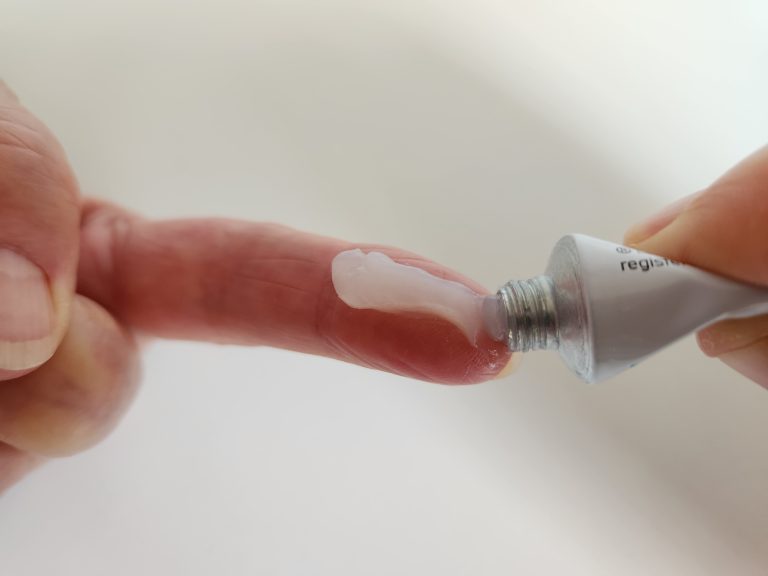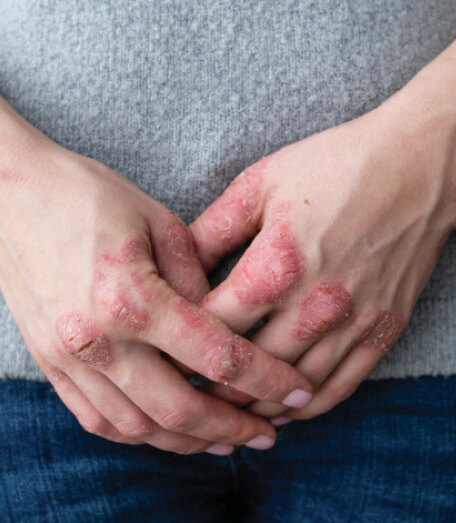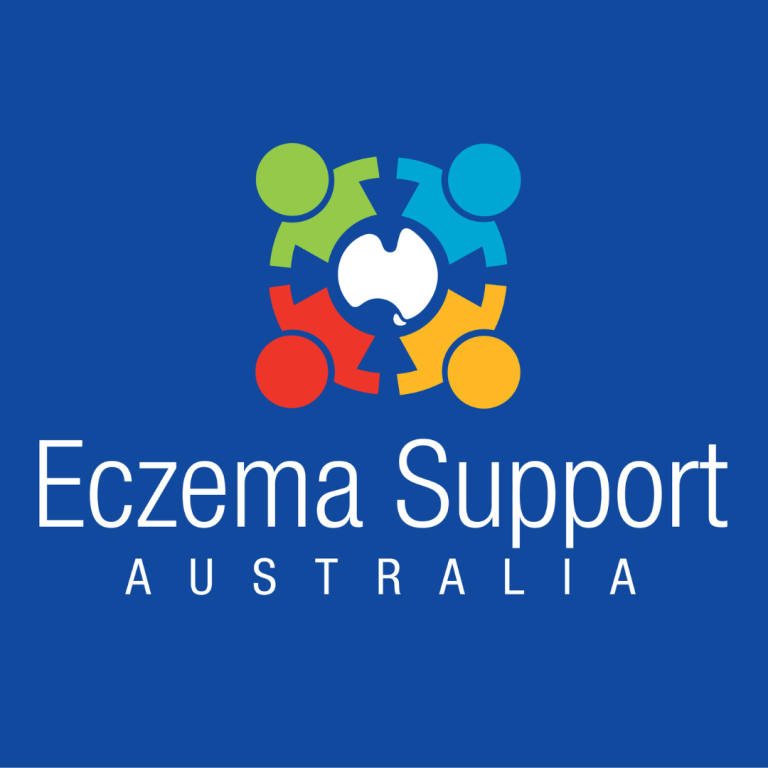Thank you for downloading!
Subscribe to our newsletter to receive email updates about our work, get connected and support Australians impacted by eczema. You can unsubscribe at any time.
Subscribe NowIn recent times, some people in the eczema community have become concerned about topical steroid withdrawal (TSW), a condition that a small number of people report experiencing after using topical corticosteroids.
At Eczema Support Australia, we understand how worrying it can be to hear about potential side effects. However, it’s important to know that topical corticosteroids (also known as flare control creams or steroid creams) are safe and effective when used as prescribed.

Topical Steroid Withdrawal
Topical steroids have been a cornerstone of eczema treatment for over 50 years. Millions of people around the world, including many in our community, have used these creams to manage flare-ups and gain relief. For many, they are essential in keeping eczema under control when used alongside moisturisers and by avoiding triggers.
While there have been reports of individuals who believe they have experienced TSW, the Australasian College of Dermatologists (ACD) and the Royal Australian College of General Practitioners (RACGP) emphasisze that TSW is a very rare reaction. A far more common scenario is that the skin worsens after stopping steroid treatment due to the resurgence of eczema.

Topical Steroid Withdrawal
Dr Adriene Lee, President of the ACD, explains, “Topical steroid withdrawal is a very rare reaction. What we often see when eczema worsens after stopping topical steroids is that the condition was under-treated, or the underlying eczema is resurfacing. Anyone concerned about using topical steroids should discuss this with their GP or dermatologist.”
At Eczema Support Australia, our goal is to provide clear, evidence-based information to help guide our community. While it’s important to be aware of potential side effects, we want to ensure that fear of rare reactions like topical steroid withdrawal doesn’t stop people from using an effective and proven treatment. Managing eczema can be tough, and it’s important that we don’t lose access to tools that help us keep the condition under control.

Topical Steroid Withdrawal
Kim Johnson, a member of our community who has lived with eczema for over 50 years, shares her experience: “Topical steroids have enabled me to live a normal life. Without steroid creams, my eczema wouldn’t be under control.”
There’s also the concern that avoiding steroid creams out of fear could cause more harm than good. Dr Lee notes, “Unfortunately, dermatologists see far more suffering caused by the avoidance of topical steroids, which can lead to the development of more severe disease.”
This is echoed by Dr Anneliese Willems from the RACGP, who says, “Eczema is a complex and chronic condition that requires a high level of self-management. It’s essential that patients have time to discuss their concerns about steroids during consultations so that GPs and dermatologists can provide guidance and evidence-based advice.”

topical steroid withdrawal
Topical Steroid Withdrawal
Dealing with topical steroid withdrawal can be overwhelming, but you don’t have to face it alone. Whether you’re in the early stages of withdrawal or you’re looking for ways to better manage your symptoms, it’s essential to have the right resources and support in place. Eczema Support Australia offers invaluable guidance. Our Eczema Care Plan is designed to help you at every step of your journey, and can help you navigate the challenges of TSW with expert advice and proven strategies.

The triggers of eczema are often different for each individual. It can be extremely frustrating as you try to work out the cause of each flare up.
Avoiding triggers and controlling flare ups/inflammation are ways in which you can manage your condition. But there is rarely just one trigger that will be responsible.
e.g. coarse, scratchy wool, synthetic materials like polyester, tags, on clothing
such as soaps and detergents.
Although there may be a link between food allergies and eczema, food is rarely the main eczema trigger (seek doctors/allergist/immunologist advice before eliminating foods)
can both seriously aggravate eczema. Herpes simplex (cold sores) may become widespread and require hospitalisation.
associated with sweating
which cause allergic contact dermatitis such as perfume, preservatives in skincare products, metals such as nickel and many other.
if there is an allergy to household dust mite.
TSW, or Topical Steroid Withdrawal, is a rare reaction some individuals report after discontinuing topical corticosteroids. It is more common for eczema symptoms to worsen after stopping treatment due to the return of underlying eczema.
Visit the Eczema Resource Library to learn more.
Use our Eczema Care Online Toolkit to find out the best way to care for your eczema or your child's eczema.
Subscribe to our newsletter to receive email updates about our work, get connected and support Australians impacted by eczema. You can unsubscribe at any time.
Subscribe Now